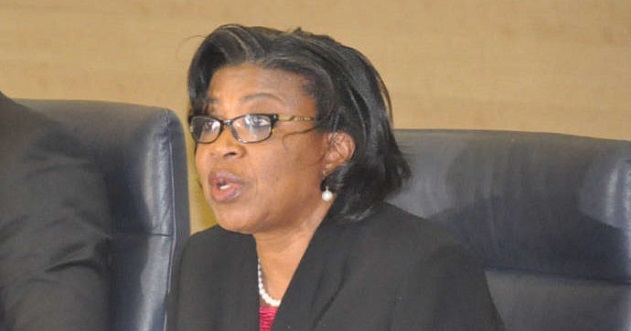Business
Nigeria’s total debt jumps to N22.43trn from N12.12trn in 2015

The Debt Management Office (DMO) has revealed that Nigeria’s total debt portfolio leaped from N12.12 trillion as of June 30, 2015 to N22.43 trillion as of September 30, 2018.
According to data from the DMO, the total debt of the country rose by 85.07 percent since President Muhammadu Buhari took office on May 29, 2015, representing N10.31 trillion.
Of the total debt, the external component of both the Federal Government and state governments’ debts including that of the Federal Capital Territory stood at $21.59 billion from $10.32 billion as of June 30, 2015, while the domestic debt of both the Federal Government and the state governments stood at N15.81tn.
The data also showed that the domestic debt of the Federal Government stood at N12.29 trillion as of September 30, 2018 from N8.4 billion as of June 30, 2015 while the domestic debts of the state’s and the FCT stood at N1.69 trillion.
The DMO added that the debt statistics as of September 30, 2018, was only slightly different from the statistics as of June 30, 2018.
Read also: 2019: World Bank predicts 2.2% GDP growth for Nigeria
“External debt declined by 2.02 per cent to $21.59bn due largely to the redemption by Nigeria of a $500m Eurobond which matured on July 12, 2018.
“The Eurobond which was issued for a tenor of five years in 2013 was the first Eurobond maturity for Nigeria and Nigeria’s ability to repay it seamlessly boosted Nigeria’s position as a good credit in the International Capital Market.
“The domestic debt of the FGN, states and the FCT grew by 1.19 per cent from N15.63tn in June 2018 to N15.8tn in September 2018. This increase of N185bn was attributed to the FGN (N135bn) and states and FCT (N50bn).
“The combination of an increase in the level of domestic debt and a decrease in the external debt stock resulted in a slight shift in the portfolio composition.
“As of September 30, 2018, the share of domestic debt was 70.51 per cent compared to 69.83 per cent in June 2018.
“This trend is expected to be reversed in Quarter Four 2018 as the new external borrowing of N849bn (about $2.78bn) provided in the 2018 Appropriation Act is expected to be raised within the quarter”, the DMO said.
Join the conversation
Support Ripples Nigeria, hold up solutions journalism
Balanced, fearless journalism driven by data comes at huge financial costs.
As a media platform, we hold leadership accountable and will not trade the right to press freedom and free speech for a piece of cake.
If you like what we do, and are ready to uphold solutions journalism, kindly donate to the Ripples Nigeria cause.
Your support would help to ensure that citizens and institutions continue to have free access to credible and reliable information for societal development.
























